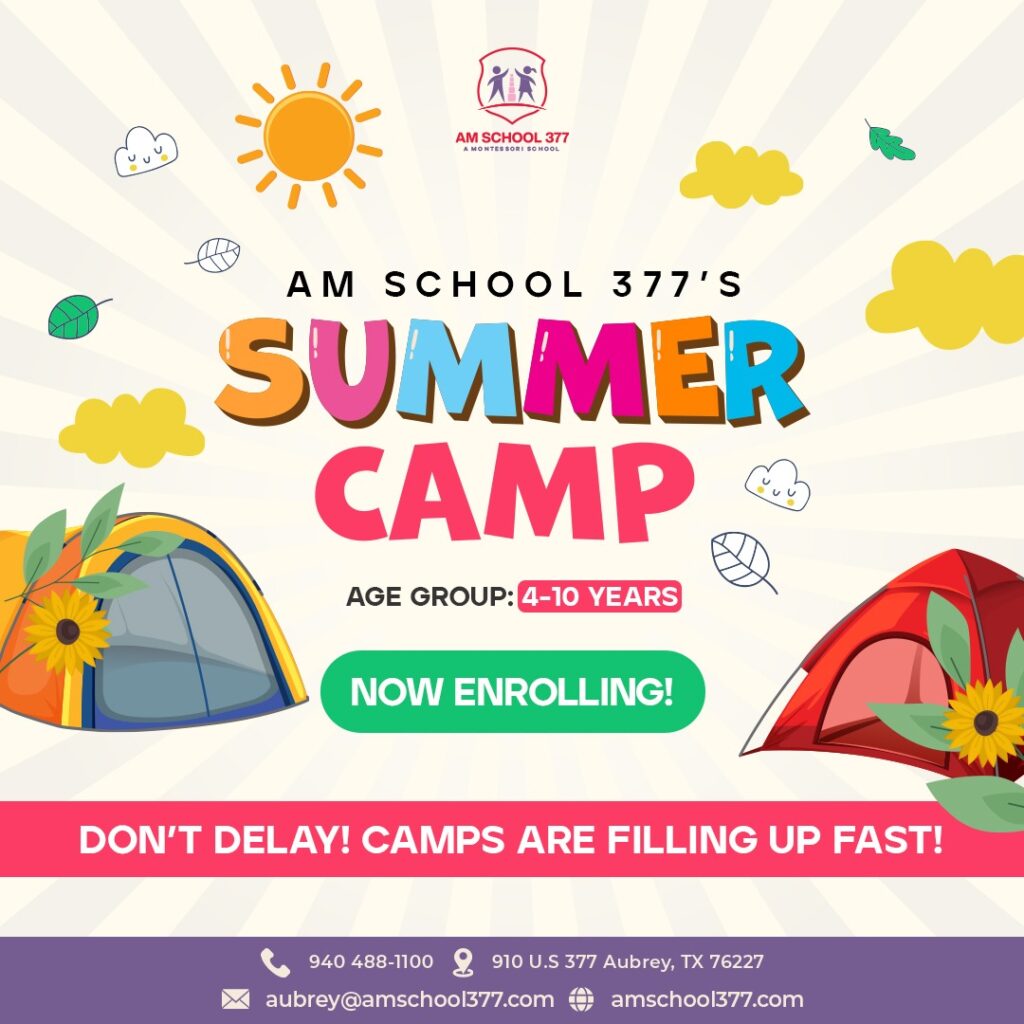Offering playful learning experiences for ages 6 weeks to 6 years old.
Our four programs aim to challenge students so that they are able to fulfil their potential.
At the core of Montessori education is a curriculum known as Cosmic Education. This approach is designed to provide an integrated and thematic exploration of the physical universe, the world of nature, and the human experience. It seeks to offer students a deep understanding of their place in the world, and how all aspects of the universe are interconnected. Through this curriculum, students are encouraged to explore their environment, ask questions, and develop a lifelong love of learning.
The cornerstone.
The cornerstone of the Montessori environment is the Practical Life curriculum. This series of lessons serve as the foundation for all other areas of the classroom and is presented as the child’s initial introduction to the prepared environment. By engaging in Practical Life exercises, students gain essential skills such as order, concentration, and coordination, which are necessary for success in later areas of the curriculum. As such, the Practical Life curriculum is a crucial aspect of the Montessori approach to education.
An intentional effort process.
Every individual possesses a mathematical mind by nature. It is an innate quality that we are born with, rather than something that we create ourselves. However, this aspect of our intellect needs to be brought into consciousness through intentional effort. In a Montessori classroom, children are given exercises that enable them to prepare for the emergence of their mathematical mind. These exercises are designed to awaken their innate ability to recognize patterns, classify objects, and solve problems. Through this approach, Montessori education helps to foster a deep and lasting appreciation for mathematics in kids.
Develop a deeper understanding with the environment.
Engage natural curiosity
Engage natural curiosity
At the heart of the Montessori language curriculum is a set of exercises that are designed to facilitate the child’s natural language development process. By engaging in these activities, children can enhance their language skills and deepen their understanding of spoken and written language. Typically, by the age of three, children have already acquired the fundamental skills of spoken language. Therefore, the language exercises offered in the Montessori classroom serve to reinforce and expand upon these skills, helping children to further refine their abilities and explore the nuances of language.

Please submit your details and we will get back to you.